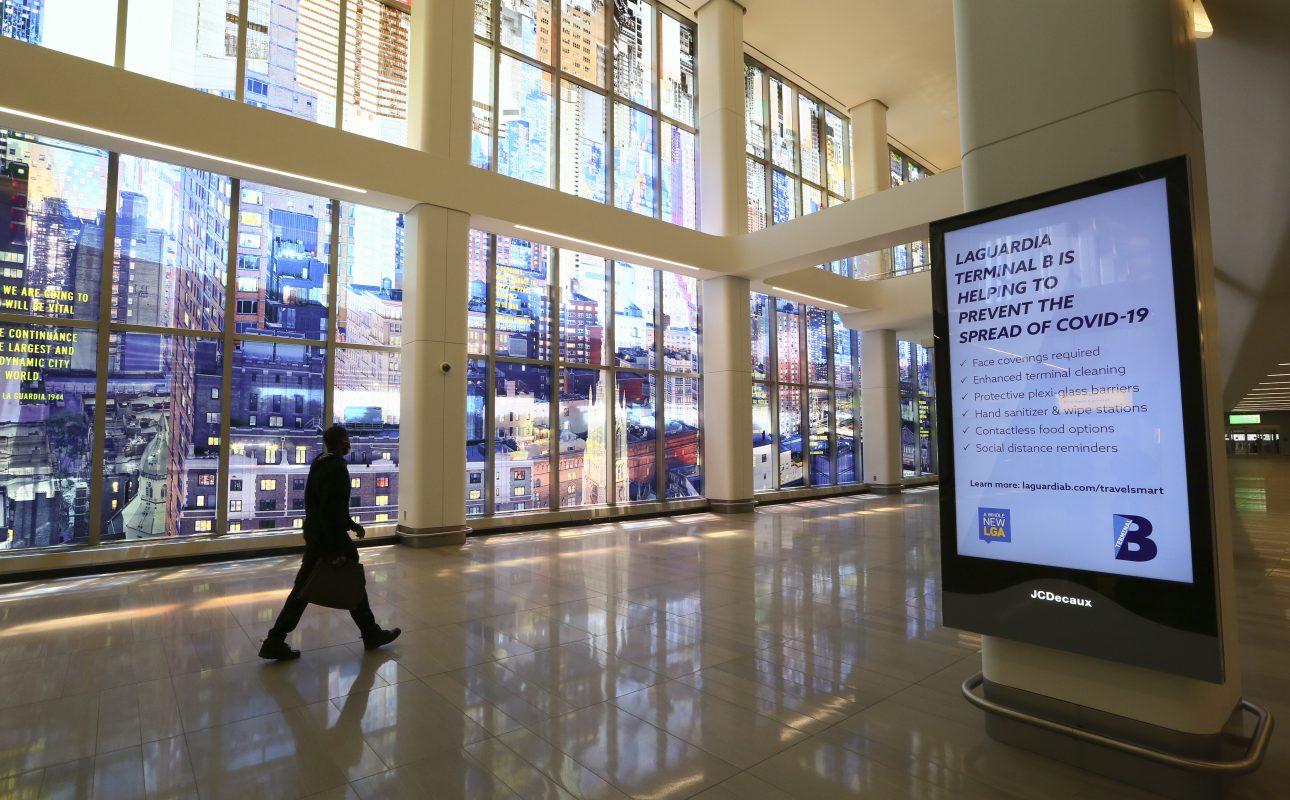Vantage Airport Group is pleased to be participating alongside other industry stakeholders in the Harvard T. Chan School for Public Health and the National Preparedness Leadership Initiative’s Aviation Public Health Initiative (APHI).
Led by Harvard environmental, infectious disease and social scientists, this independent multi-phased study is researching opportunities to reduce risks of the spread of COVID-19 via aircraft, airline and airport practices, to provide evidence-based recommendations to keep the flying public safe from check-in to touch-down.
On October 27, Harvard APHI released its Phase 1 report, Gate-to-Gate Travel Onboard Aircraft which focused on the onboard experience and found that, with layered protective measures in place, the risk of transmission on an aircraft is reduced to very low levels, on par with or safer than eating at a restaurant or grocery shopping during the global pandemic.
Those layered protective measures include:
- Effective onboard ventilation systems, which filter out over 99% of viral particles from cabin air
- The universal use of face masks by all passengers and crew
- Distancing protocols during boarding and deplaning
- Disinfection of high-touch surfaces on the plane, including tray tables and arm rests
- Health screening, and the cooperation of the travelling public to not get on a plane if they have COVID-19 symptoms
This first report follows the publication of two technical bulletins Face Mask Use in Air Travel, and Air Cabin Cleaning and Disinfection. The second phase of research is now underway, focusing on transmission risks in the airport environment.
Airports are a critical part of the travel ecosystem, and safety is always the top priority at Vantage’s network of global airports. Since COVID-19 was declared a pandemic, Vantage has taken additional rigorous steps to ensure the safety and wellbeing of all employees and passengers. Measures implemented by our network-wide Airport Reactivation Task Force include enhanced facility cleaning and sanitization, and new technologies to promote contactless check-in, security screening, queue management and concessions ordering and delivery.
We look forward to more outcomes of the Aviation Public Health Initiative and will implement any recommended strategies to further reduce health risks for passengers at our airports. By implementing a science-based, multilayered approach to mitigate the spread of COVID-19, and partnering with airlines, aircraft manufacturers and other stakeholders that play a role in the air travel experience, we will protect the health and wellbeing of our shared customers as a growing number return to the skies.
